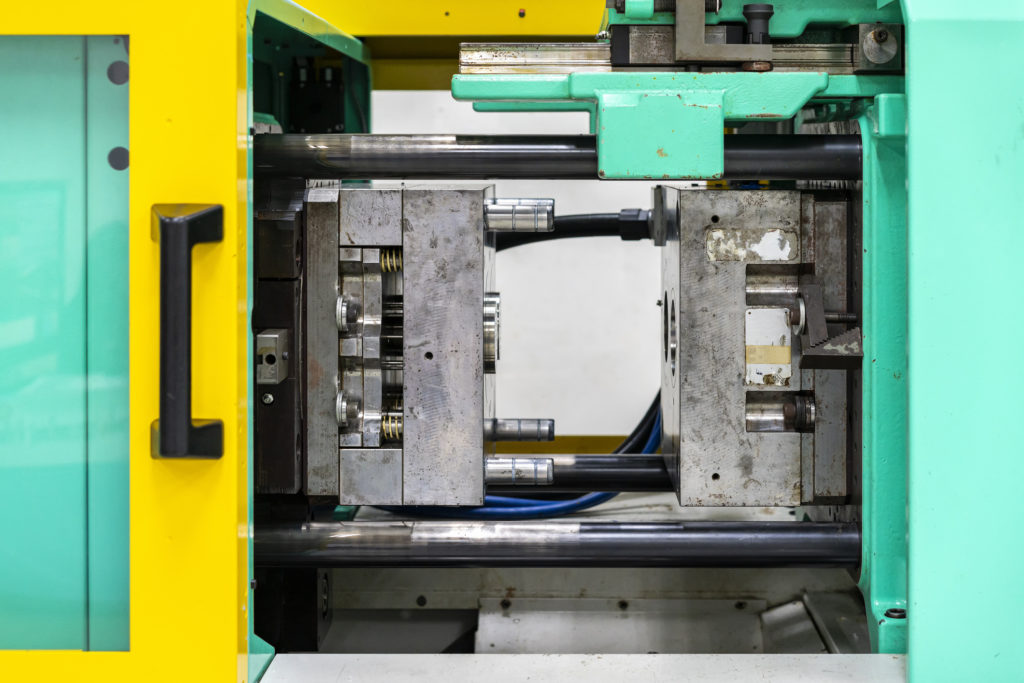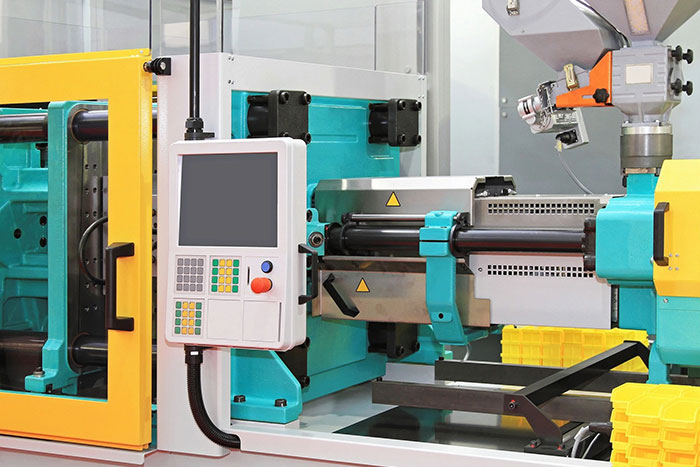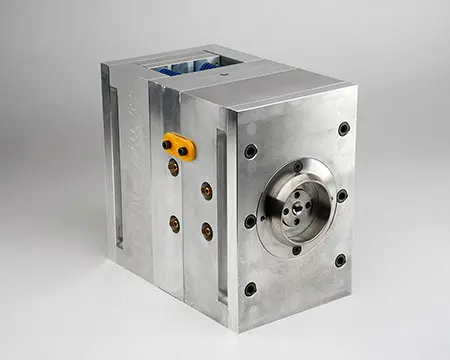The Future of Plastic Injection Molding: Patterns and Advancements to View
As the plastic shot molding sector develops, several key fads are emerging that promise to improve its landscape. Automation and wise manufacturing strategies are established to enhance performance, while the change towards lasting materials mirrors an expanding environmental awareness.
Automation and Smart Manufacturing
As the plastic injection molding sector develops, automation and smart production are taking spotlight, revolutionizing manufacturing processes - Plastic Injection Molding. The assimilation of advanced modern technologies such as robotics, IoT (Web of Points), and man-made intelligence is allowing manufacturers to boost efficiency, lower operational prices, and improve item quality. Automated systems enhance workflows, lessening manual intervention and raising throughput, which is important in fulfilling the rising demand for quick production cycles
Smart producing modern technologies help with real-time surveillance and data analysis, enabling firms to optimize maker efficiency and predict maintenance demands. This proactive method not just decreases downtime but likewise expands the life-span of equipment. Additionally, the usage of collaborative robots, or cobots, improves the versatility of assembly line, enabling workers and devices to run side by side safely and efficiently.
The adoption of automation in plastic injection molding is not simply a pattern however a calculated critical for businesses aiming to remain competitive in a global market. By harnessing these technologies, manufacturers can achieve greater accuracy, decrease waste, and adapt swiftly to changing consumer needs, placing themselves for lasting growth in an increasingly automated future.
Lasting Products and Practices
The press towards automation and smart manufacturing has actually led the way for a better focus on lasting materials and practices within the plastic shot molding sector. Business are significantly seeking environmentally friendly alternatives to traditional petroleum-based plastics, resulting in the fostering of bio-based and recycled materials. These lasting products not only lower ecological effect but additionally line up with consumer need for greener products.

Furthermore, collaboration between manufacturers, product suppliers, and ecological companies is cultivating technology in the growth of lasting materials that satisfy performance standards without compromising top quality. As laws around plastic use end up being stricter, the industry is poised to adjust by welcoming these lasting techniques, making sure long-lasting practicality and decreasing reliance on non-renewable sources. The combination of sustainability into plastic injection molding is not just a pattern; it is ending up being an important component of company obligation and operational quality.
Developments in 3D Printing
Recent innovations in 3D printing modern technology are substantially transforming the landscape of plastic shot molding. The combination of additive manufacturing procedures permits the rapid prototyping of intricate geometries that were once tough or impossible to attain with typical techniques - Plastic Injection Molding. This capability not only increases product growth cycles but likewise reduces material waste, straightening with the growing need for lasting manufacturing methods
Moreover, the introduction of crossbreed manufacturing methods, which incorporate 3D printing and injection molding, uses manufacturers the ability to develop intricate designs while preserving the performance of mass production. This technique makes it possible for the production of personalized components tailored to details consumer requirements without compromising the rate and scalability that shot molding provides.
Additionally, improvements in products, such as high-performance polymers and composites specifically created for 3D printing, are enhancing the practical abilities of published parts. These products can withstand greater tension and display enhanced thermal properties, making them suitable for more demanding applications.
As 3D printing remains to develop, its combination into plastic injection molding processes guarantees to improve efficiency, minimize expenses, and foster advancement in item helpful site style, positioning producers to better meet the challenges of an open market.
Data Analytics and IoT Integration
Information analytics and the assimilation of the Net of Points (IoT) are reinventing plastic injection molding by offering producers with unprecedented insights right into their procedures. By leveraging real-time data collected from interconnected machines and sensing units, suppliers can keep an eye on performance metrics, identify inefficiencies, and maximize manufacturing processes. This data-driven approach facilitates anticipating maintenance, reducing downtime and expanding tools life expectancy.
Additionally, IoT assimilation permits for improved quality control. By continually tracking variables such as temperature level, cycle, and pressure times, makers can swiftly identify variances from established criteria and make modifications in actual time. This not only boosts product uniformity however additionally minimizes waste and scrap rates.
The combination of data analytics useful link and IoT innovations also equips manufacturers to embrace even more nimble manufacturing strategies. With accessibility to comprehensive data analytics, companies can reply to market demands with better flexibility, changing manufacturing schedules and setups as required. This adaptability is necessary in a rapidly transforming production landscape.

Modification and Layout Adaptability
Just how can modification and layout adaptability improve the competition of plastic injection molding? In a progressively diverse market, the ability to offer customized remedies is critical. Personalization allows producers to meet specific customer requirements, fitting distinct dimensions, forms, and capabilities that common products may not accomplish. This adaptability not just fosters customer commitment however also opens up opportunities for new business possibilities throughout various fields, from automobile to customer goods.
Improvements in layout technologies, such as computer-aided style (CAD) and rapid prototyping, further reinforce this pattern. These devices enable designers to create intricate geometries and detailed patterns, which can be seamlessly integrated into the production procedure. Because of this, makers can react swiftly to altering consumer preferences and market demands.
Additionally, the application of modular tooling systems improves layout adaptability, permitting quicker changes between various item layouts without comprehensive downtime. This flexibility can cause decreased lead times and lower manufacturing costs, making firms a lot more affordable and dexterous. Eventually, accepting personalization and style adaptability in plastic injection molding not only elevates item offerings however additionally strengthens check market positioning in an ever-evolving landscape.
Verdict
The future of plastic shot molding is defined by significant innovations in automation, sustainable techniques, and ingenious products. The assimilation of IoT and information analytics will certainly boost operational efficiency and anticipating upkeep. The adoption of bio-based and recycled materials, together with development in 3D printing, will foster sustainability within the industry. Customization through modular tooling and rapid prototyping will certainly make it possible for suppliers to continue to be responsive and competitive to the vibrant needs of the marketplace.

The future of plastic shot molding is defined by substantial improvements in automation, sustainable techniques, and ingenious materials.
Comments on “Plastic Injection Molding: A Comprehensive Guide to Modern Production Techniques”